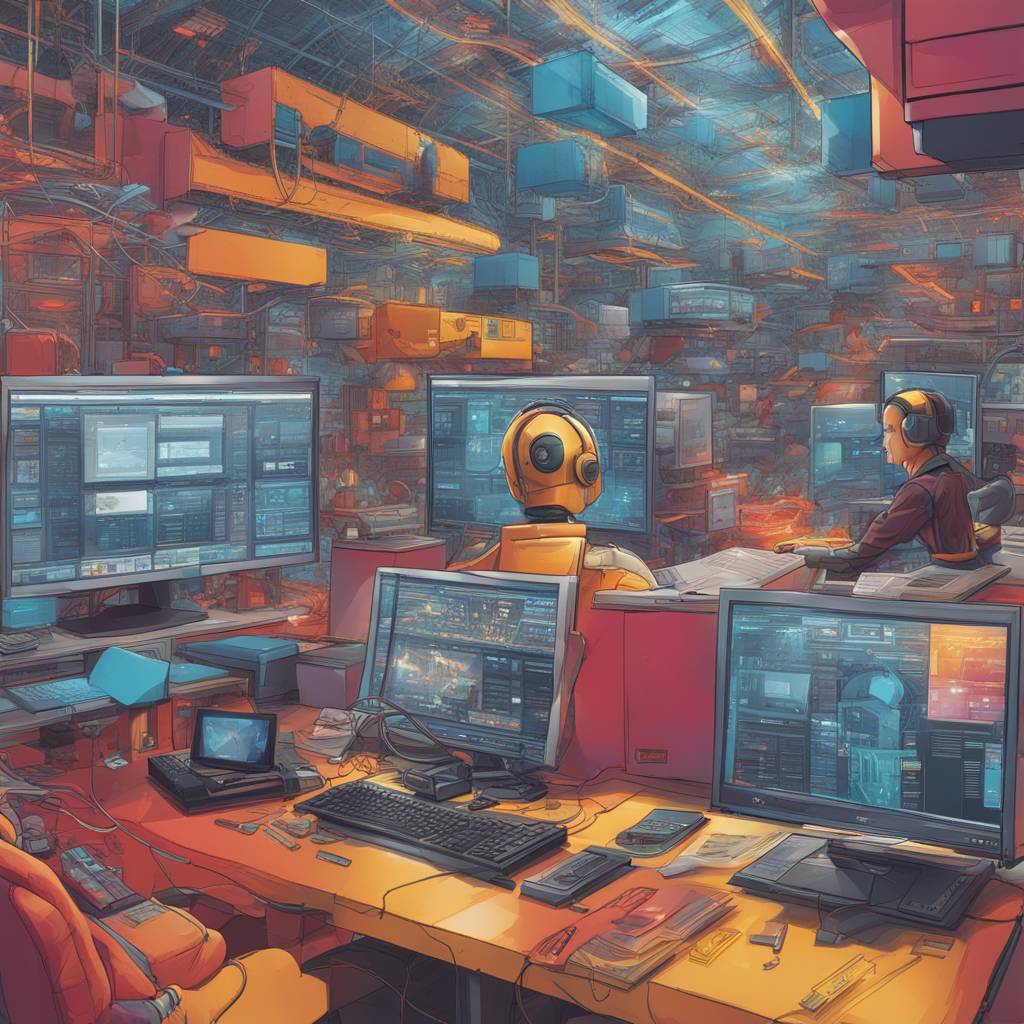David Autor, a labor economist at MIT known for his research on how technology and trade have impacted American workers, is now optimistic about the potential of generative artificial intelligence (A.I.) to reverse the trend of eroded incomes. He argues that A.I. can help restore the middle-skill, middle-class heart of the U.S. labor market that has been hollowed out by automation and globalization. He believes that modern A.I. is a fundamentally different technology that can change the economics of high-stakes decision-making, allowing more people to do valuable work and lifting more workers into the middle class.
Autor, who has spent decades studying the impact of technology and globalization on workers and wages, suggests that A.I. could enable people without college degrees to take on work currently done by elite experts, such as doctors, lawyers, software engineers, and college professors. By expanding the pool of workers who can do valuable work, he argues that more individuals should be paid more, helping to raise more workers into the middle class. His argument is seen as a thought exercise by some economists, who view it as one possible scenario among many.
While many economists express pessimism about the impact of A.I. on the labor market, Autor believes that A.I. will not entirely replace human judgment and that the demand for certain fields, such as health care, software, education, and legal advice, is almost limitless. By lowering costs through A.I., these fields could expand as their products and services become more widely affordable. Autor does not see a jobs apocalypse, but rather an alternative path forward that could reshape the labor market in a positive way.
Unlike traditional computing, which follows rules and automates routine tasks, A.I. is trained on vast amounts of data and learns by absorbing examples. This makes it a worker complementary technology, providing guidance and guardrails to less experienced workers, enabling them to do more valuable work. Early studies of generative A.I. in the workplace suggest that less skilled and experienced workers can benefit the most from productivity gains delivered by A.I., though reaping rewards in terms of pay and career advancement will also depend on other factors such as corporate behavior, worker bargaining power, and policy incentives.
While some economists like Daron Acemoglu see Autor’s vision as one possible path forward, they caution that history has shown digital technologies do not always benefit all workers equally. Autor acknowledges the challenges and uncertainties but believes in imagining a positive outcome, promoting debate, and preparing for a better future. He sees A.I. as a tool whose impact depends on how it is used and believes that there is value in considering a more optimistic view of its potential to improve the labor market for all workers.


